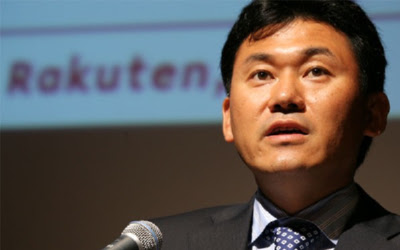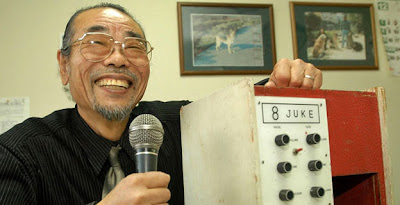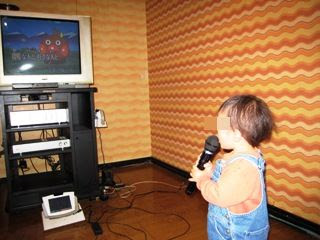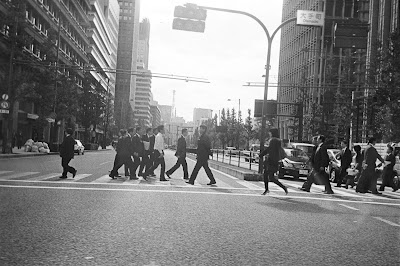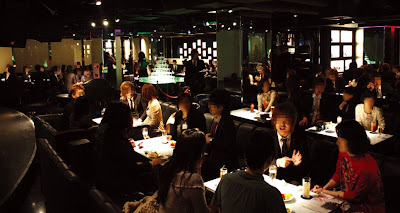It is said that a hierarchical society, called "school caste" exists in a class of a school, mostly junior high and high schools in Japan. Similar division of a class existed when I was a student, but ours was not something, which was treated as a problem, but merely phenomena in a children's society. But what's currently going on is an insidious bullying, which is deep-laid, and is recognized as a social problem in Japan.
For example, a student who is so treated as belonging to a lower class is imposed some restrictions for languages to use, opportunities to talk to teachers, and so like.
What's going on in the school caste can be seen just by students there, and it is difficult for adults to recognize it.
If what's going on in the class as discussed in the above is all true, the existence of such a hierarchy in school is very disappointing and can't be allowed.
At the same time, I wonder what a root cause of the sickness among these young people is, and two major possible reasons come up off the top of my head.
First possible reason I think is the nature of Japanese people, who are nice in the front but are vicious behind. Their way to abuse is not physical but rather a mental attack.
Second one is any influence of internet, which possibly directs user's mind to introverted way and thus possibly causes insidiousness.
I'm clearly blaming bullying students there for their abjection, but at the same time feel sorry that they are also scared by some situation like " I would be bullied if not bullying others."
Who could rescue all these students? Supposed to be adults, right?
Unfortunately, many of adult's societies in Japan, including teachers' unions, have similar problem to the school caste as I know. I can't expect those adults who are in the similar situations themselves.
In fact, bullying at schools became a social problem more than 30 years ago in Japan, and since then there have been many victim students who committed suicide due to being bullied.
Situations have not been much improved or even become worse by having more victims.
It just shows how helpless adults are here in Japan.
But we adults do not give up and continue to tackle the problem.
I believe young people understand that school is not only where to learn but where to make many friends as well.












